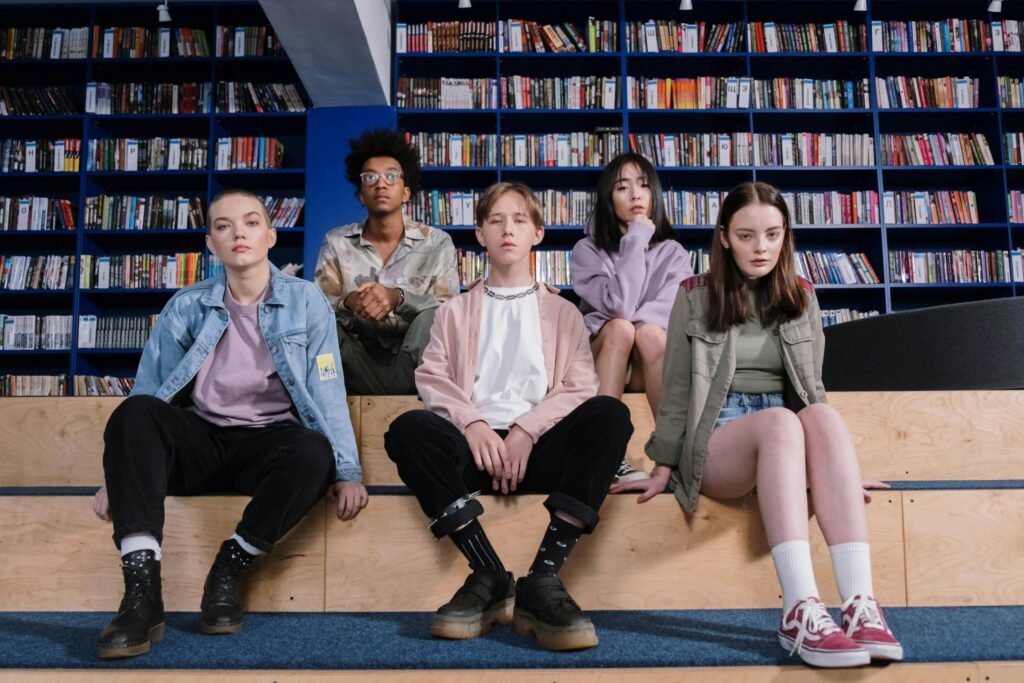🧠 Who Owns AI-Generated Content? 7 Legal Truths Every Creator Must Know
AI tools can write blogs, design images, compose music, and even generate code. But in this new era of digital creation, one critical question is being asked across industries:
Who owns AI-generated content?
At AiBlogQuest.com, we break down the 7 most important legal truths about ownership, copyright, and usage rights when working with AI-generated materials in 2025.
⚖️ 1. AI-Generated Content May Not Be Copyrightable (In Many Countries)
In jurisdictions like the United States, copyright law requires human authorship. If the work is generated entirely by AI without human creativity, it may not be protected.
🧾 Example: An image fully created by an AI like MidJourney might have no legal copyright.
✍️ 2. Human Involvement Changes the Legal Game
If you guide the AI with creative prompts, edits, and final decisions, you may qualify as the author.
💡 Pro Tip: Document your input—prompt crafting, edits, style direction—to support your claim.
🏛️ 3. Copyright Laws Vary by Country
Different nations are handling AI content ownership differently:
-
🇺🇸 USA: Requires human authorship
-
🇬🇧 UK: Allows copyright if the AI is “programmed by a person”
-
🇨🇳 China: Allows limited rights if human creativity is involved
📌 Check local IP laws before claiming ownership.
🧠 4. AI Tools May Own or Share Rights to Your Content
Check the terms of service for any AI tool you use:
-
ChatGPT (OpenAI): You own your outputs
-
Canva AI: You have usage rights, but not exclusivity
-
Adobe Firefly: Commercial rights only in select tiers
📄 Always read the licensing terms before publishing AI-created work.
🧾 5. You Might Need to Attribute the AI Tool
Even if you legally own the content, some platforms require attribution.
📍 Example: “Image created using MidJourney AI”
🔍 Why it matters: Transparency, ethical usage, and sometimes legal compliance
💰 6. Monetizing AI Content Can Get Tricky
Want to sell an eBook, song, or artwork made with AI?
Make sure:
-
You own the commercial rights
-
Your content doesn’t plagiarize or clone other works
-
You’re not violating the AI tool’s output restrictions
💸 Risk: You could face take-downs or legal claims if you’re unaware of the terms.
🤖 7. Legal Systems Are Still Catching Up
The law hasn’t fully caught up to AI innovation. Many copyright offices and courts are debating and updating their stance on AI-generated content.
🧠 Smart move: Stay informed. Join forums, follow IP lawyers, or subscribe to legal tech newsletters.
🔗 Useful Links from AiBlogQuest.com
❓ FAQ: Who Owns AI-Generated Content?
Q1. Can I copyright something made entirely by AI?
In most places, no. Copyright laws usually require a human author.
Q2. What if I modify AI-generated content?
You may claim derivative authorship—especially if your edits involve creativity.
Q3. Do I need to credit the AI tool I used?
It depends on the platform’s license. Some tools require disclosure or credit.
Q4. Can I sell AI-generated content commercially?
Yes, if your tool allows it. Always check the terms of use and licensing.
Q5. Is this legal landscape likely to change?
Absolutely. Many countries are debating AI ownership laws in 2025. Expect frequent updates.
🏁 Final Thoughts
So, who owns AI-generated content? The answer isn’t simple—but if you understand the laws, respect licensing agreements, and include human creativity, you can safely create, publish, and even monetize AI-generated works.
Stay ahead of the legal curve at AiBlogQuest.com — your AI creator’s guide to the future of content.
🏷️ Tags:
who owns AI-generated content, AI copyright laws, AI content ownership, AI legal guide, aiblogquest



